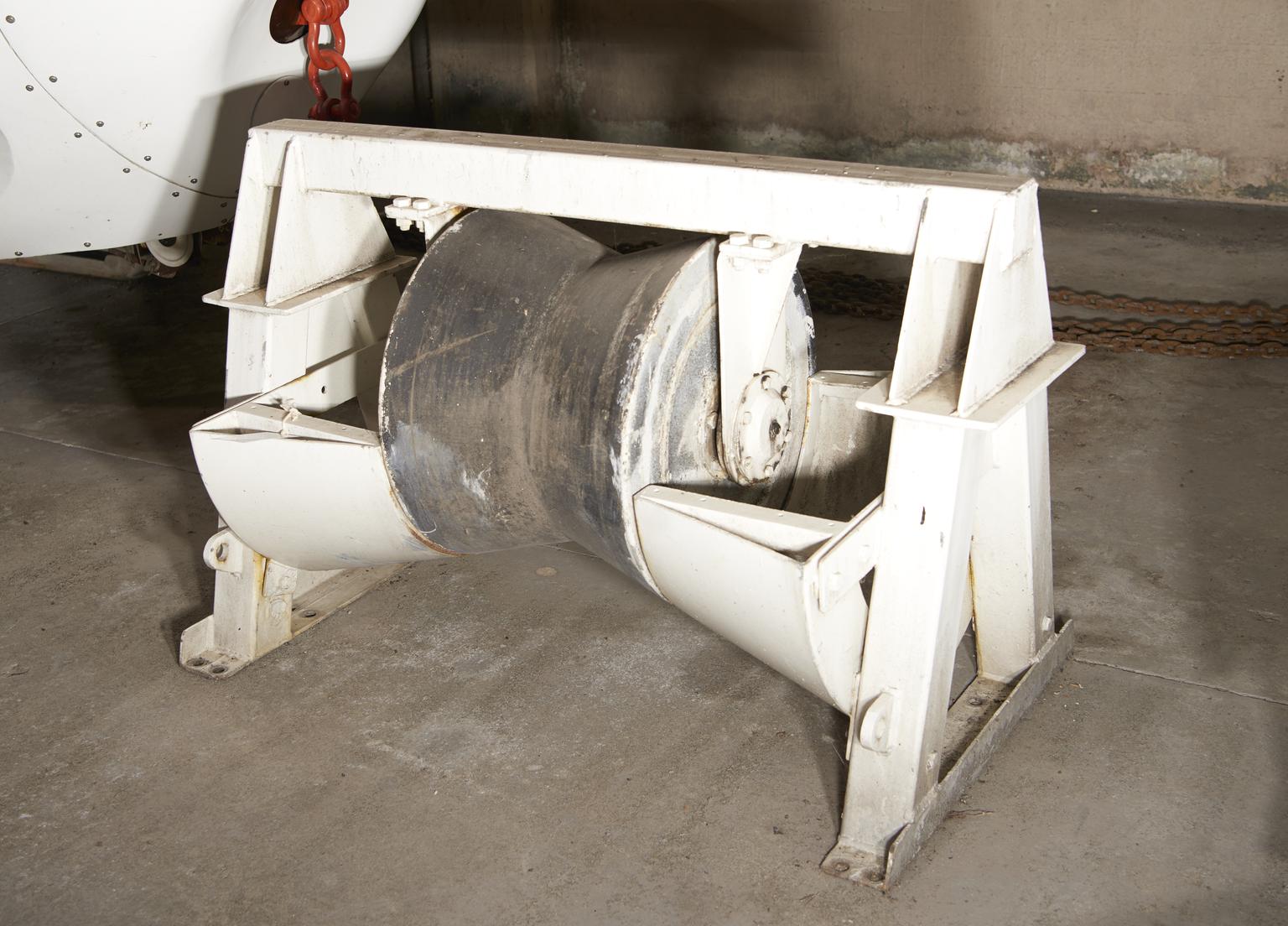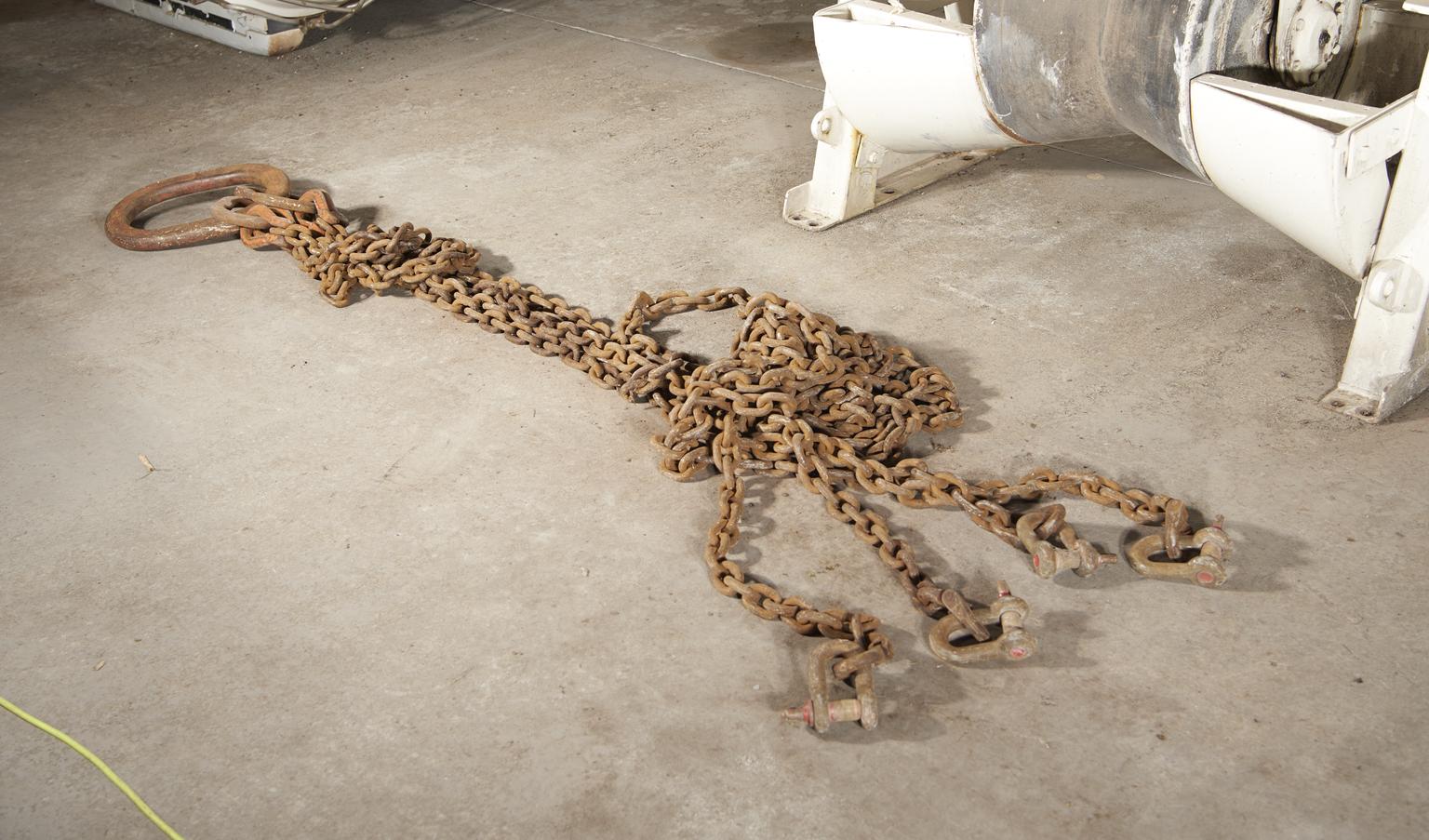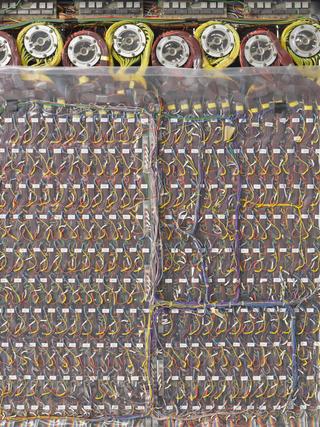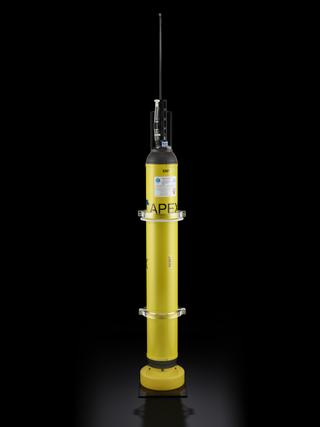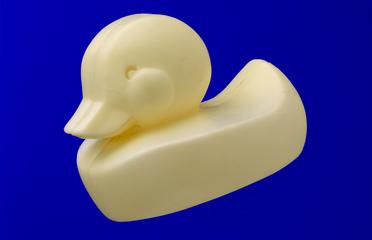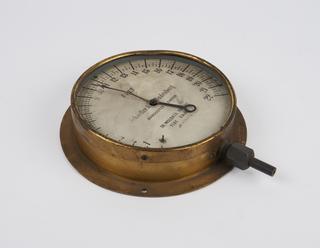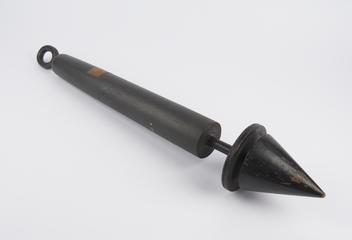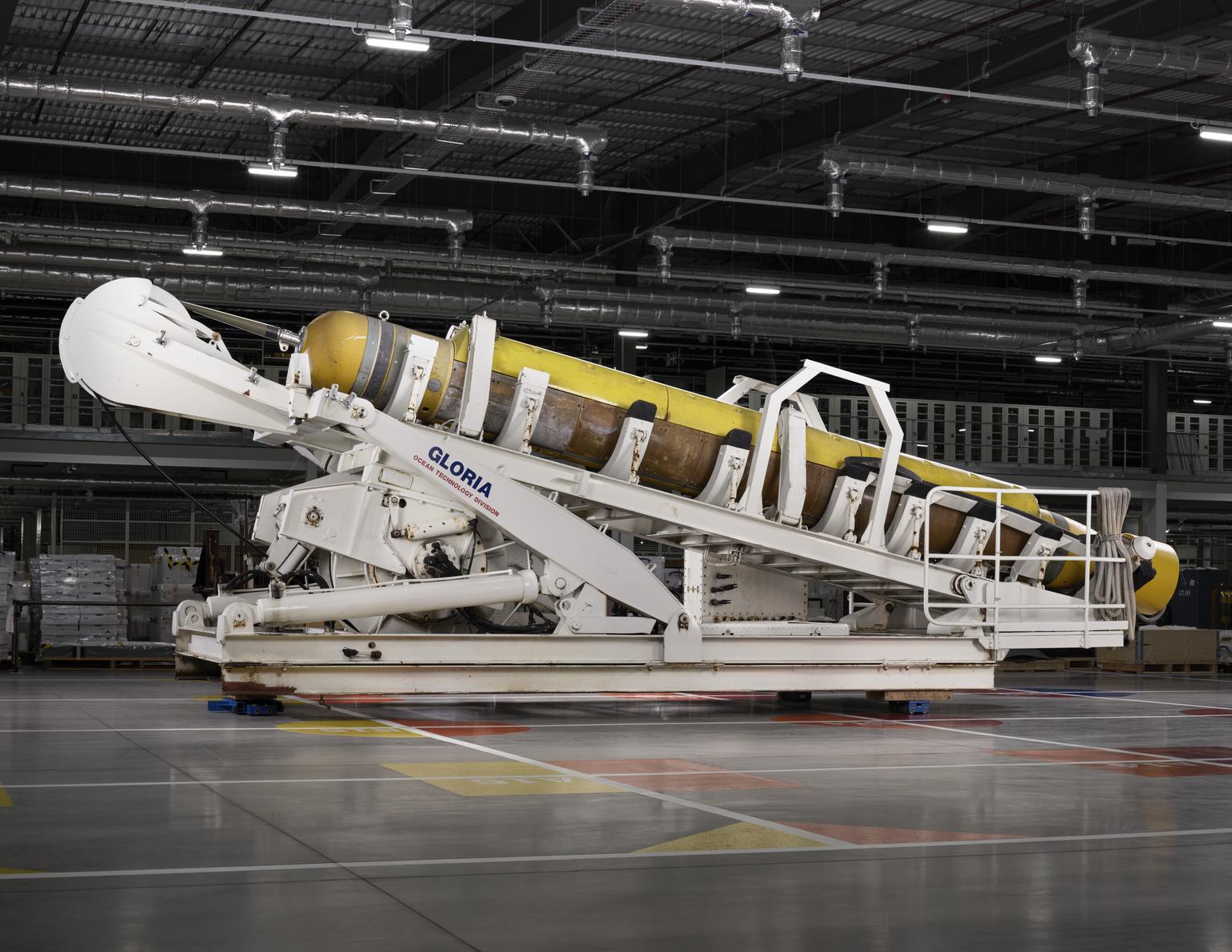
GLORIA (‘Geological Long-Range Inclined Asdic’)
GLORIA (‘Geological Long-Range Inclined Asdic’), towfish and launching gantry, designed at the Institute of Oceanographic Sciences, Wormley, UK, 1993. This instrument, sometimes known as GLORI-B, was the last of four GLORIA devices to be constructed between 1965 and 1993.
More
GLORIA is a side-scan sonar device designed to be towed behind a research ship. Travelling around 50 metres below the sea surface, its acoustic signals were used to generate three-dimensional maps of the sea floor. The first instrument, GLORIA Mk1, was constructed in 1965 by the National Institute of Oceanography, the precursor of the Institute of Oceanographic Sciences. GLORIA devices enabled oceanographers and geologists to map ocean-floor features, including certain underwater volcanoes, canyons, and tectonic plate boundaries. This fourth and last GLORIA instrument was constructed in 1993 and retired in the late 1990s.
- Measurements:
-
overall: 2950 mm x 2760 mm x 9320 mm,
- Materials:
- metal (unknown) and paint
- Object Number:
- 2002-536/1
- type:
- sonar
- Image ©
- The Board of Trustees of the Science Museum
